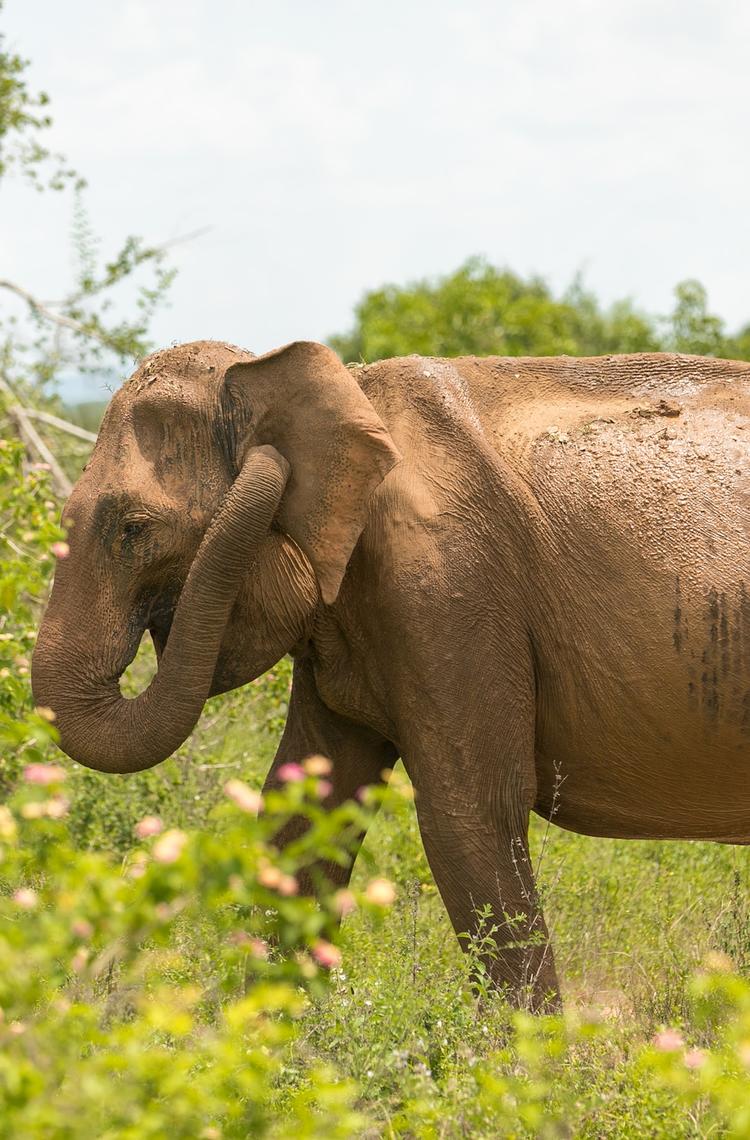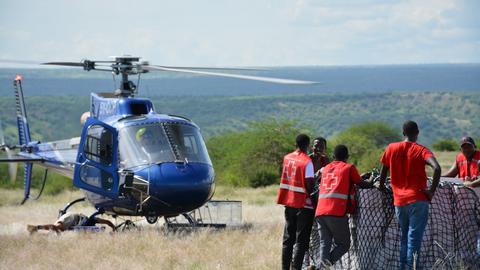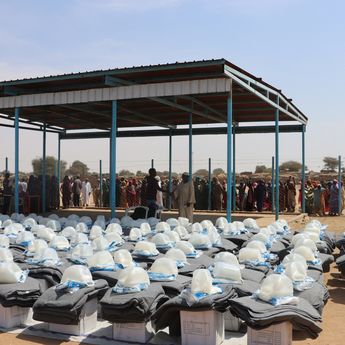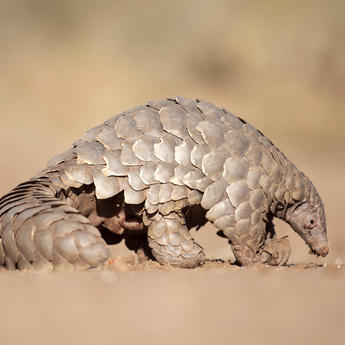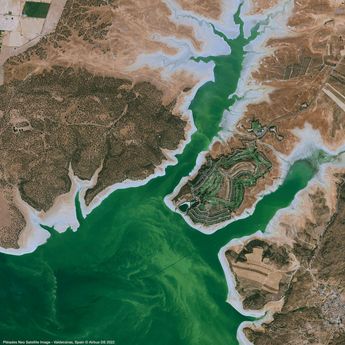The Satellites for Biodiversity Award celebrates the people and projects who aspire to use the latest technology to protect endangered species and their habitats. The winners will receive access to imagery and tools that can help take their nature conservation projects to the next level.
Applications are now open for a second edition of the prize and will close on 15 December 2023.
It’s not always easy to get along with your neighbours. The residents of the Sai Yok National Park in Thailand know this from first-hand experience. Rapid deforestation and the expansion of local farmland has damaged their environment and the bamboo bushes that serve as an essential food source.
The inhabitants of the Sai Yok National Park in question are not humans: they are wild Asian elephants. And as a result of the destruction of their habitat, alongside illegal poaching, their numbers are under threat.
Biodiversity conservation plays a key role in maintaining balance in our natural world. When we lose species to extinction, that delicate balance is threatened. This is why protecting species, establishing boundaries to prevent conflict between humans and animals, and preventing habitat loss are all important endeavours.
Introducing the Satellites for Biodiversity Award
Today, technology, artificial intelligence and big data have the power to supercharge biodiversity conservation efforts. Where previously, conservation organisations had to perform manual surveys and analyse patterns and trends by hand, access to higher-quality data, images and insights can deliver more significant and far-reaching impacts in a fraction of the time.
With this in mind, in 2022, Airbus and the Connected Conservation Foundation (CCF) launched the first Satellites for Biodiversity Award. The prize: access to imagery from Airbus’ most advanced satellites, and an opportunity to use technology to amplify nature conservation efforts.
Now welcoming applications for its second round, the Satellites for Biodiversity Award is actively seeking out initiatives that deliver solutions or conduct research in partnership with local communities. This includes projects that combat poaching, prevent habitat loss, foster community engagement, manage land-use strategically, create wildlife corridors, and work to promote harmonious coexistence between humans and the natural world.
Eyes on the prize
The three winning projects will be awarded access to Pléiades and Pléiades Neo satellite imagery. Pléiades Neo are Airbus’ most advanced satellites, offering a resolution of 30 cm. This level of precision can deliver incredibly detailed images, revealing insights into the migratory paths of animals, territorial boundaries, and the impact of human activity on natural ecosystems.
As well as satellite imagery, the winners will receive US$ 6,000 of funding, and access to complimentary software provided by Esri.
“There is an explosion in the use of AI and satellite imagery for monitoring, protection and verification of natural resources… With this programme we aim to accelerate the effective applications, beyond constrained use cases, for more wide reaching impacts,” says Sophie Maxwell, Executive Director of Connected Conservation Foundation.
Delivering innovative solutions that benefit local communities
Alongside the elephant conservation project in the Sai Yok National Park, other winners from the first round of the Award include a project that is safeguarding the habitats of tree kangaroos and echidnas in Papua New Guinea and an initiative that is working to resolve and prevent human-elephant conflicts within Namibia’s dwindling desert elephant population.
“After witnessing the impressive number and quality of applications for our first award, we are committed to launching a second round,” explains Rachel Schroeder, Managing Director of the Airbus Foundation. “We are gratified that our partnership with CCF allows us to extend our support to a wider range of organisations globally, all of which are involved in crucial conservation efforts.”
Full eligibility criteria and a lightweight application process can be accessed on the Connected Conservation Foundation website.
Learn more about the winners from the first round of the Satellites for Biodiversity Award.
